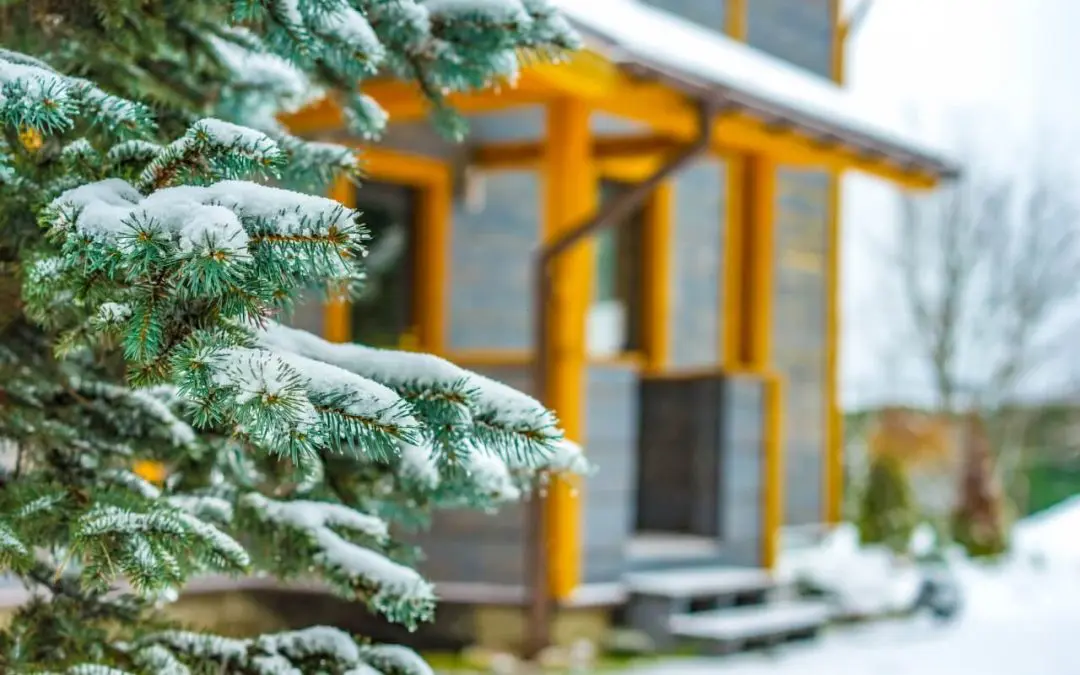Winter storms are stunning, with their snow-covered landscapes, but they can also pose dangers. From power outages to icy roads and freezing temperatures, they can be challenging to deal with. That’s why being prepared is so important. With a little planning, you can keep your family safe and comfortable when the weather turns nasty. Here’s everything you need to know to prepare for a winter storm at home.
Stock Up on Essential Supplies to Prepare for a Winter Storm
When a winter storm is on the horizon, the last thing you want to do is scramble for supplies at the last minute. Take some time to stock up now, so you’re ready when the snow starts falling. Focus on food that doesn’t need refrigeration or cooking—canned goods, pasta, dried fruits—and don’t forget a manual can opener in case the power goes out.
Make sure you have enough drinking water, too. A good rule of thumb is about a gallon per person per day, and remember to include your pets in that calculation.
Don’t overlook medications. Refill any prescriptions you might need and have basic first aid supplies handy. Things like pain relievers, cold medicine, and bandages can be lifesavers when you’re stuck at home.
Get Your Home Storm-Ready
Your home is your first line of defense in a storm, so it’s worth putting in a little effort to make sure it’s ready. Seal up any drafts around windows and doors to keep the cold out. If you haven’t had your heating system checked in a while, now’s a good time to do it.
If you use a fireplace or space heaters, make sure they’re in good shape. Stock up on firewood if needed, and keep space heaters away from anything flammable. And don’t forget about your plumbing; insulate pipes to keep them from freezing and potentially bursting.
Be Prepared for Power Outages
Power outages are a common headache during winter storms. Having a plan will make them a lot less stressful. Consider investing in a generator. It’s a game-changer during extended outages, but make sure you know how to use it safely—generators need proper ventilation to avoid carbon monoxide poisoning.
Flashlights, candles, and battery-powered lanterns are a must for those without generators. Stock up on extra batteries too. A battery-powered radio is a great way to stay informed when the power’s out. And don’t forget to charge your devices ahead of time. Portable power banks will keep your phone going longer, which is crucial for staying in touch and accessing updates.
Stay Warm and Cozy
Keeping warm is priority number one if the heat goes out. Dress in layers to trap heat—start with a thermal base layer, add sweaters, and top it off with a waterproof jacket if you need to venture outside.
Pick one room in your home to serve as your warm zone and focus on heating that space. Use blankets, sleeping bags, and even tarps to seal off drafts. Body heat helps too, so gather your family or housemates in the same room.
Whatever you do, don’t use your gas oven or grill to heat your home. They produce dangerous carbon monoxide. Make sure your smoke and carbon monoxide detectors are working properly before the storm hits.
Get Your Car Ready When You Prepare for a Winter Storm
If you absolutely need to drive during or after a storm, your car needs to be ready. Keep your gas tank at least half full to prevent the fuel line from freezing. Store an emergency kit in your car with essentials like a blanket, food, water, a flashlight, jumper cables, and a small shovel. Check your tires, and if you live in a snowy area, consider switching to snow tires.
Driving in winter weather is risky, so avoid it if you can. If you must go out, take it slow and give yourself plenty of time to react to road conditions.
By following these tips, you’ll be ready to face a winter storm head-on, keeping yourself and your loved ones safe and secure until the snow clears.
FAQs
What should I do if I lose power for an extended period?
Focus on staying warm and preserving food. Stick to one warm room, layer up, and avoid opening the fridge or freezer to keep your food cold longer.
How do I prevent my pipes from freezing?
Keep your thermostat consistent, even overnight. Open cabinet doors under sinks to let warm air circulate around the pipes, and let faucets drip slightly to keep water flowing.
What should I do if I get stranded in my car during a storm?
Stay in your car. It provides shelter and makes it easier for rescuers to find you. Run the engine for short periods to stay warm, but ensure the exhaust pipe is clear of snow. Use any materials you have, like coats or blankets, to insulate yourself.
AAA Professional Home Inspectors provides inspections to customers in Kentucky and Southern Indiana. Contact us to schedule our services.

